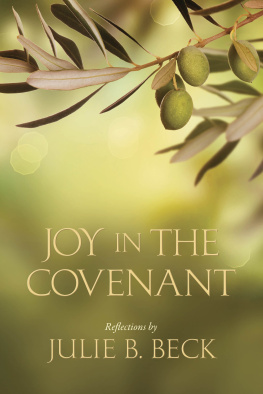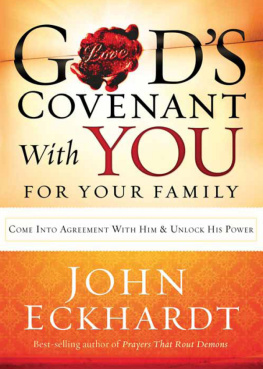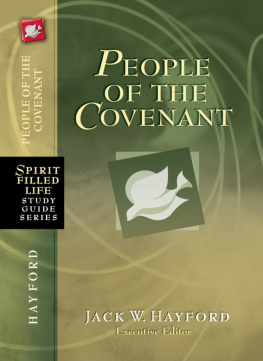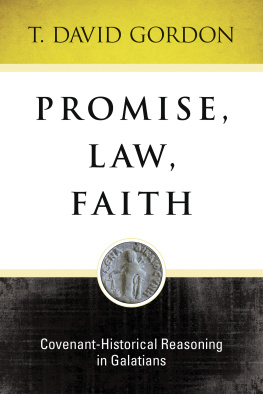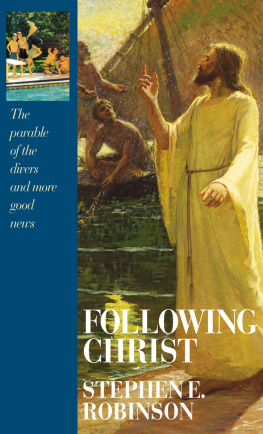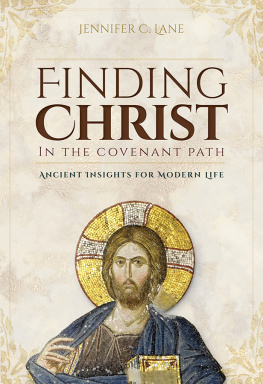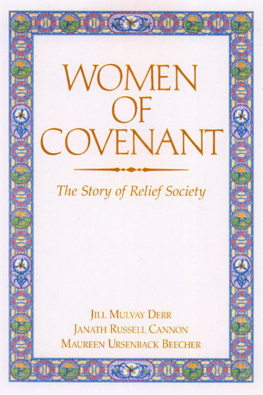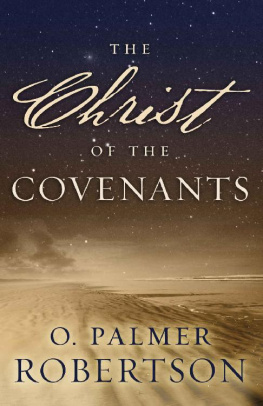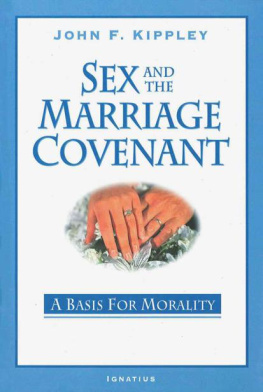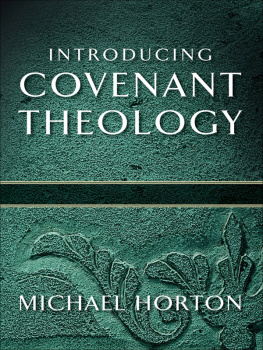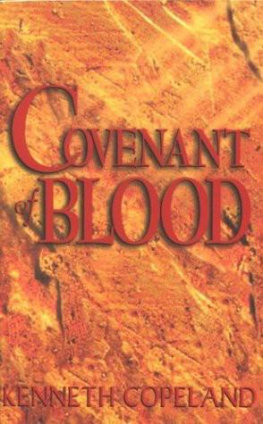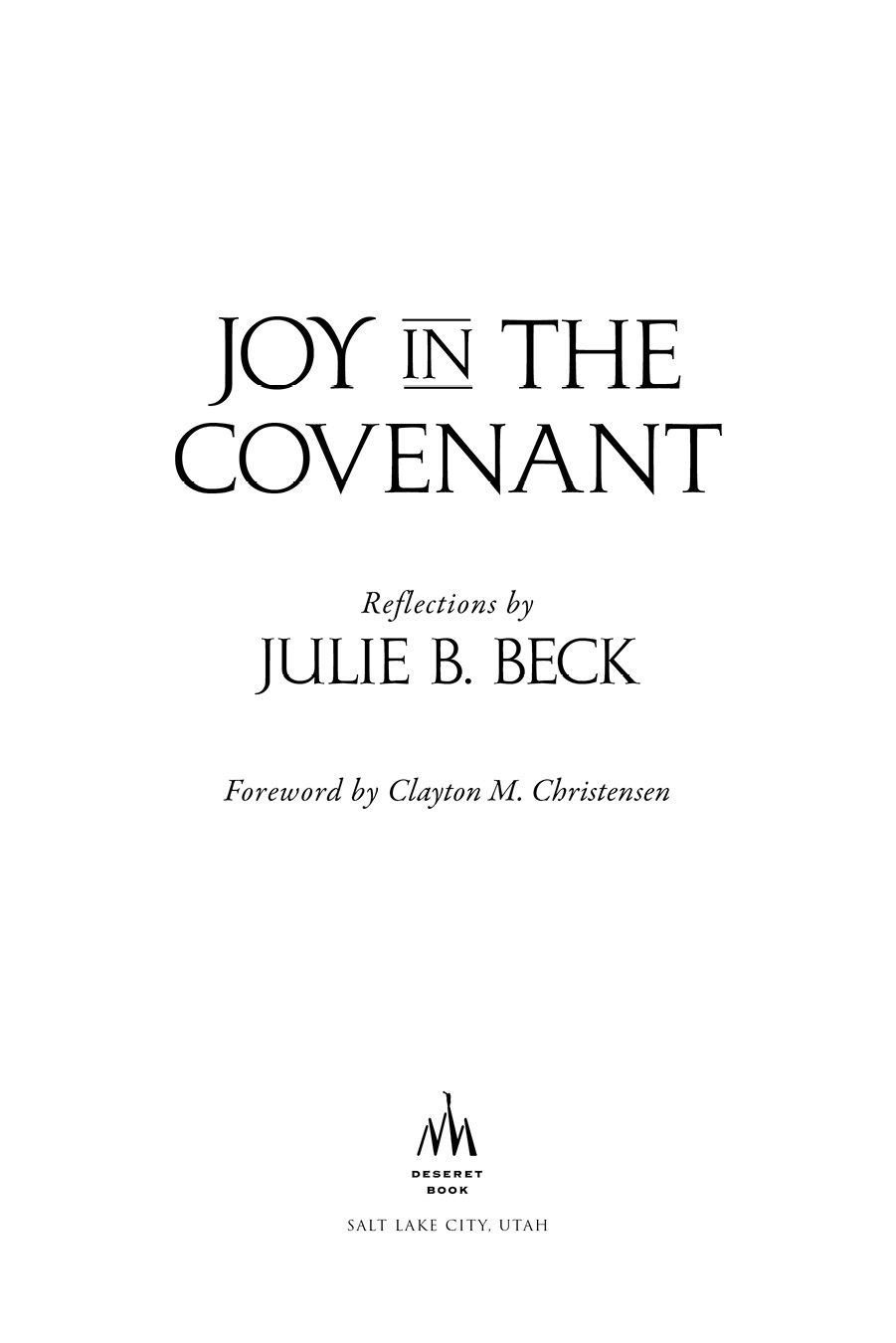Foreword
Clayton M. Christensen
Im delighted to be able to write a foreword for Sister Becks marvelous book, which should be required reading for every member of the Church. I will introduce it by first discussing an experience in my life that happened in parallel with the experiences she details here.
Many years ago, I called myself on a lifelong mission to build the kingdom of God. Up until that time, I believed all the good things of our faith. I had taught the principles and doctrine to the people in Korea. And then a few years later, while studying at Oxford, I came to a point in my life when I needed to know, without any doubt, if it was true. And if it was true, I promised I would give my life to the Lord. I have shared this experience in The Power of Everyday Missionaries and in various talks because it changed the course of my life.
Reading Sister Becks thoughts here, I have realized that I not only found out that the Book of Mormon and The Church of Jesus Christ of Latter-day Saints was true, but God also showed me my identity. He revealed to me that He knows me personally, and had a work for me to do.
Since those midnight hours in Oxford, I have had two callingsthe ones given to me by my priesthood leaders, and the one God planted in me all those years ago. I have given my life to both of these callings. But the one God planted in me drives me. It gives me direction and a reason for doing all that I have been able to do.
My wife, Christine, and I have found great peace as we build in our corner of the world. Many of our joyful moments and relationships came to my mind as I read Sister Becks words.
One thing I deeply appreciate about this wonderful book is how she teaches of Identity, Purpose, and Joyful Labor with power and boldness. It is that same strength we came to love when she served as the Relief Society General President. As she teaches, we learn more about how she came to that power and boldness. She describes being taught by her parents and observing the growth of the Church in Brazil, which makes her story unique.
When her mother wrote letters to members of the church in Brazil, all of her letters were signed with Cresceremos , meaning, We will grow. This idea that we are driven to grow was instilled in everything they did. Its no coincidence that since that time, the church in Brazil has grown miraculously. And as Sister Beck teaches, it can be the same for us as well. Whether it is as a church, or as an individual disciple, we can grow by making and keeping covenants and helping others do the same. My only fear is that today, particularly within the church, many arent focused on growth at all. We manage, we get by, or we administer this and that piece of the kingdom. But we dont have to simply manage our lives, or manage the church, or manage our homes. If we ask Him, God will show us how to truly grow.
Thus, for anyone who feels a desire to be called to the work, I urge you to read this book. For anyone who is currently leading in a ward, stake, or family, or who wants to learn how to build the kingdom of God, I urge you to read this book. Just as I experienced, just as Sister Beck experienced, God is anxious for us to know personally what our identity and purpose are, so that when we work in building His Kingdom, He can pour out His blessings.
Acknowledgments
The reflections in this book are personal expressions of deep-seated feelings and beliefs. I wrote them to increase the faith of my own posterity and the faith of others who might read them. They are, for the most part, previously unpublished. They are refined summaries of countless hours of study, thought, and writing. Each message was given in a unique setting to a unique group of people. In my preparation to give each message, I pondered who would be there, what they may need to hear, and, always, what the Lord would have me say to convey the thoughts and impressions of my heart. Each message has been revised to be appropriate for this book.
In these reflections, I draw heavily on the lives of my parents and the lessons I have learned from them. They were my first earthly teachers, and their examples formed the foundation for my faith.
Although I heard the words my parents taught and saw their examples, I needed a normal maturing process to assimilate those truths into my life. As my opportunities to study and teach the gospel have multiplied, I have found myself drawn to words and ideas my parents shared when I was a childwords that are comforting, reassuring, and faith promoting. From my parents I learned the importance of familynot just our own family but the family of God.
I thank my husband, Ramon, who pressed on with his own great goals while I studied, pondered, and wrote. Then he listened to me read my drafts and sat through my speeches. What a good sport with a great testimony! Our children have been magnificent counselors and have lifted me at all times.
Aaron West became my friendly neighborhood editor years ago and has had endless patience and wisdom in helping me smooth the rough edges of my words. He has been a faithful partner in the preparation of the book, and I have been blessed by his rare gift to enhance a writers thoughts and be a tough critic without being tough.
Great appreciation goes to friends at Deseret Book: Sheri Dew, Laurel Day, Lisa Roper, and their production team, who were kind enough to think I could do this and then generous in guiding me through the process.
My deepest gratitude is reserved for my Heavenly Father and His Son, Jesus Christ, for Their endless kindness and awareness of each of us. My covenants with Them are the lodestar of my life and a joy and blessing.
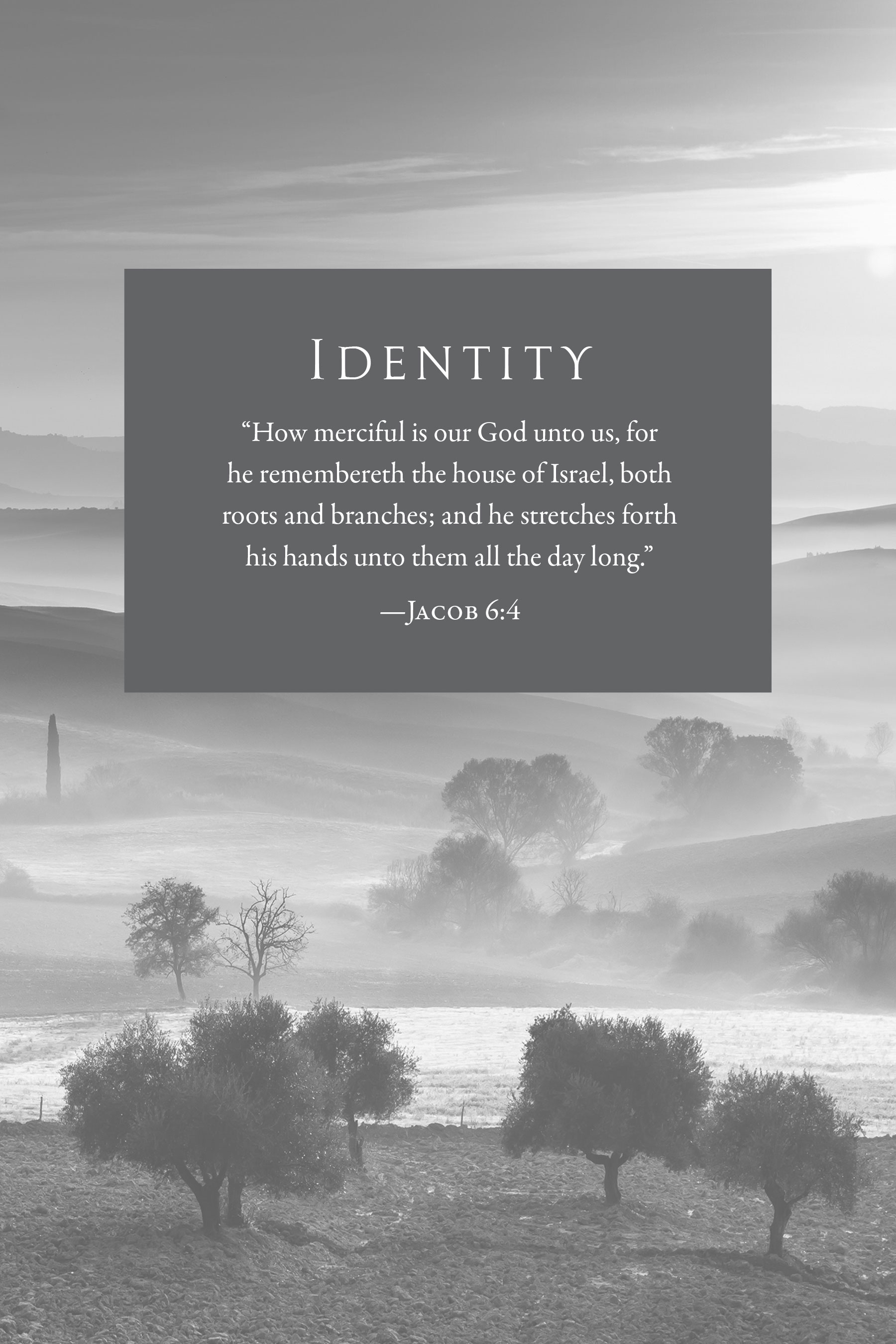
A Joyful Covenant
My father and mother, William Grant and Geraldine Hamblin Bangerter, enjoyed camping in tents, horse riding, fishing, and farming. They gained great satisfaction from singing around the campfire in their own backyard while roasting hotdogs and marshmallows. They enjoyed hard physical labor, such as mending fences, caring for animals, and making repairs on their farm. Mother dug in her garden with a pickax, not a hoe, because she said it was better exercise and made a bigger impact in the soil. Daddy built homes, meaning he cut boards and hammered nails and worked cement with his own hands. They also had great refinement. They hosted elegant dinner parties in their home, appreciated art and beauty, and were endlessly fascinated by people and places, geography and history. They were both scriptorians and loved to teach the gospel. I wrote the following message to summarize the legacy of faith they left metheir joyful approach to keeping covenants.

